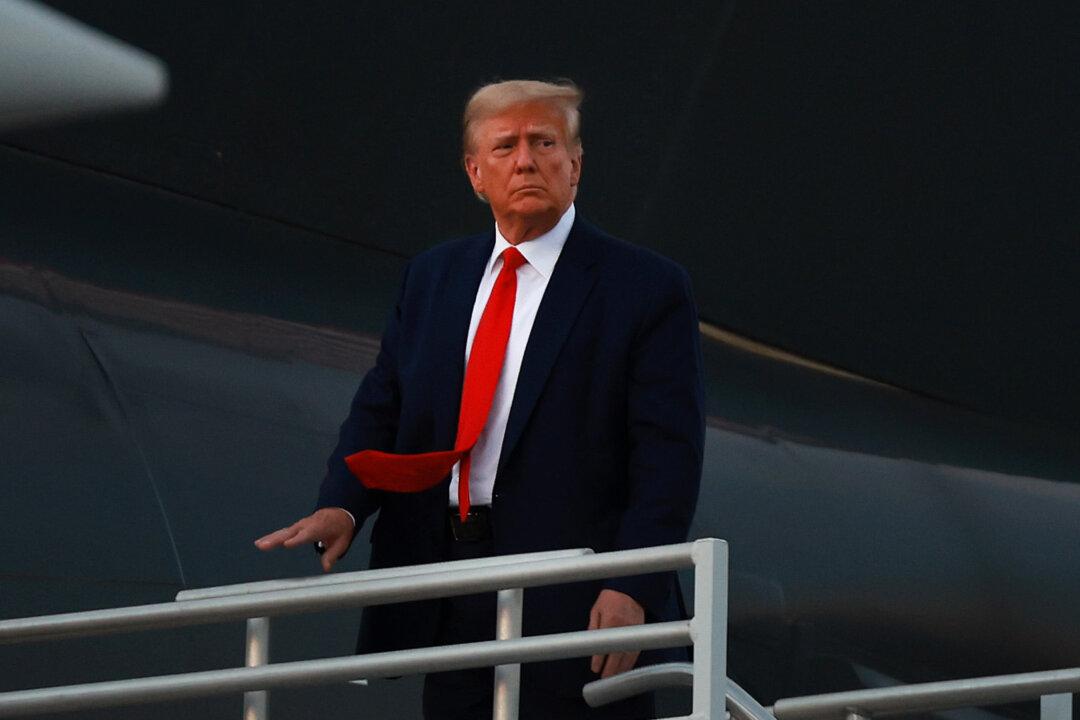The Fulton County, Georgia, racketeering case against former President Donald Trump and 18 co-defendants for challenging the 2020 election results, which prosecutor Fulton District Attorney Fani Willis wanted to try all together, was itself challenged almost immediately after the indictment. Several of the defendants began filing notices of removal to federal court, demanding different, varying trial dates, and finally severing their cases from each other.
It’s what Paul Kamenar, counsel for the National Legal and Policy Center, calls a “big mess.”






